Pep Guardiola: Has Manchester City’s Dynasty Run Its Course as Dietmar Hamann Suggests?
Pep Guardiola’s name is etched into footballing folklore. Since arriving at Manchester City in 2016, the Catalan coach has revolutionised not only the club but also the Premier League as a whole. His relentless pursuit of excellence has brought City an avalanche of trophies, breathtaking football, and an aura of invincibility that made them the benchmark of English football.
Yet in recent weeks, former Liverpool midfielder Dietmar Hamann has sparked debate by suggesting that Guardiola’s dynasty at the Etihad may be nearing its end. His comments, though controversial, tap into a wider conversation about cycles in football and whether City, after years of dominance, might finally be reaching a plateau.
—
Guardiola’s Premier League Legacy
Since taking charge, Guardiola has delivered:
6 Premier League titles in seven years.
A historic treble in 2022/23, mirroring Sir Alex Ferguson’s iconic 1999 Manchester United achievement.
Four successive Premier League crowns, something never done in English top-flight history.
A brand of football defined by tactical mastery, positional rotations, and an obsession with control.
Few can argue with the numbers. Guardiola has redefined what dominance looks like. Under him, Manchester City have not only won but often done so with flair, registering record-breaking points totals and setting standards others can barely keep up with.
This record alone ensures Guardiola’s place among the all-time greats of the Premier League, alongside Ferguson, Arsène Wenger, and José Mourinho.
—
The Hamann Critique
Dietmar Hamann, never one to shy away from strong opinions, believes that Guardiola’s empire is beginning to show cracks. His argument centres around three key points:
1. Declining Hunger – After years of winning almost everything, the drive and hunger in the squad might inevitably wane. Even Guardiola, known for his intensity, may struggle to keep motivation levels sky-high.
2. Over-rotation and Tactical Stubbornness – Hamann has criticised Guardiola in the past for “overthinking” big games. He argues that in recent months, City have looked more predictable, and opposition sides have begun to find cracks in their once-impenetrable system.
3. Squad Evolution – Key figures of Guardiola’s dynasty, such as Ilkay Gündogan, Riyad Mahrez, and even Kevin De Bruyne (now plagued by recurring injuries), are either gone or declining. Hamann suggests the cycle that carried City to unparalleled dominance may be breaking down.
His comments resonate because football history is full of examples where dynasties, no matter how strong, eventually fade. Ferguson’s United sides, Mourinho’s Chelsea, and even Wenger’s Arsenal all had their peaks followed by natural declines.
—
Signs of Decline or Just a Blip?
To assess Hamann’s claim, it’s important to weigh the evidence on both sides.
Indicators That Hamann Might Be Right
Squad Transition: City are in a period of change. Losing Gündogan’s leadership and composure was a blow. De Bruyne’s persistent injuries reduce their creative spark. While Phil Foden and Julián Álvarez are stepping up, questions remain about whether the same cohesion exists.
Increased Competition: Liverpool under Arne Slot, Arsenal under Mikel Arteta, and even Chelsea’s rebuild suggest the Premier League may become more balanced. City no longer look untouchable.
Champions League Fatigue: Having finally won Europe’s most coveted prize, one could argue the psychological mountain has been climbed. For players, replicating the same hunger could be harder.
Guardiola’s Contract Clock: Guardiola has hinted before that he won’t remain at City forever. If his time is winding down, subconscious uncertainty could seep into the dressing room.
Indicators Against Hamann’s Claim
Consistency of Results: Even when not at their dazzling best, City continue to grind out victories. That ability to win while playing below par is a hallmark of great teams.
Squad Depth: Few clubs can rival the depth City possess. Names like Rodri, Haaland, Bernardo Silva, and Foden ensure they remain among the world’s elite.
Guardiola’s Evolution: Guardiola has shown adaptability, shifting from a possession-heavy tiki-taka model to a more pragmatic system that leverages Erling Haaland’s directness. This reinvention demonstrates his ability to refresh cycles.
Mentality: City have repeatedly shown resilience under pressure, whether in title run-ins against Liverpool or grinding out European ties. Dismissing them as “finished” risks underestimating their proven mentality.
—
Football Dynasties and Natural Cycles
Hamann’s remarks touch on a wider truth in football: dynasties, no matter how dominant, eventually decline. Ferguson refreshed his United squads multiple times to maintain success across decades. Wenger’s Arsenal “Invincibles” lasted only a short period before fading. Even Guardiola’s Barcelona, arguably the greatest club side of all time, only sustained their peak for four seasons before fatigue, departures, and external pressures set in.
If City are indeed nearing the end of a cycle, the question becomes whether Guardiola can rebuild effectively for another. His track record suggests he has the tactical acumen, but time and player motivation could be limiting factors.
—
Guardiola’s Greatest Challenge Yet
What makes Hamann’s comments particularly interesting is that Guardiola thrives on challenges. Whenever doubts are cast, he seems to respond. After his first season in England (2016/17), critics said he couldn’t adapt to the physicality of the Premier League. He responded by winning the league with 100 points. When rivals suggested his success was reliant on financial might, he showcased tactical brilliance that money alone couldn’t buy.
If whispers about City’s decline grow louder, Guardiola may well use them as fuel to reinvent his team once again. Integrating the next generation—players like Rico Lewis, Oscar Bobb, and new signings—could extend the cycle further.
—
The Verdict
So, has Guardiola’s Manchester City dynasty truly run its course as Dietmar Hamann suggests? The evidence is mixed.
On one hand, there are signs of wear and tear: aging key players, a squad in transition, and the psychological difficulty of sustaining peak performance year after year. These are natural obstacles that every great dynasty faces.
On the other hand, City remain formidable. They boast world-class talent, one of the greatest managers in history, and an ingrained winning mentality that few clubs can match. Writing them off now would be premature.
What is certain is that Guardiola and City are entering a new chapter. Whether this chapter extends their dominance or marks the beginning of decline will depend on Guardiola’s ability to refresh his team, maintain hunger, and out-think rivals who are closing the gap.
—
Final Thought
Dietmar Hamann’s assertion sparks a conversation that is both provocative and necessary. Football dynasties don’t last forever, but Guardiola has already shown a rare capacity to prolong them.
If his Manchester City empire is indeed waning, it will still be remembered as one of the greatest reigns in football history. But if Guardiola finds a way to reinvent it once more, Hamann’s doubts may serve only as the latest motivation for a man who has built his career proving critics wrong.
Either way, the coming seasons will tell us whether we are witnessing the twilight of an era—or simply the evolution of one.
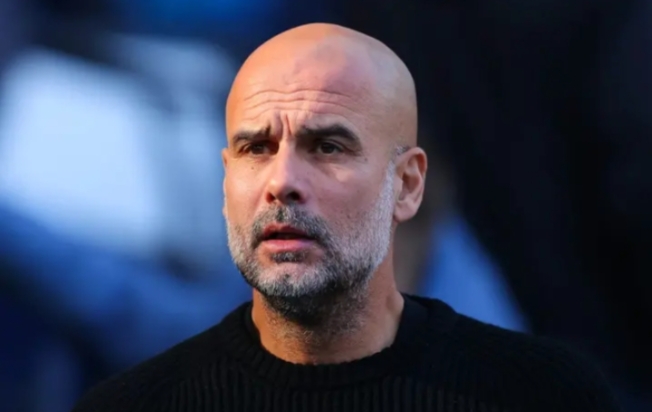
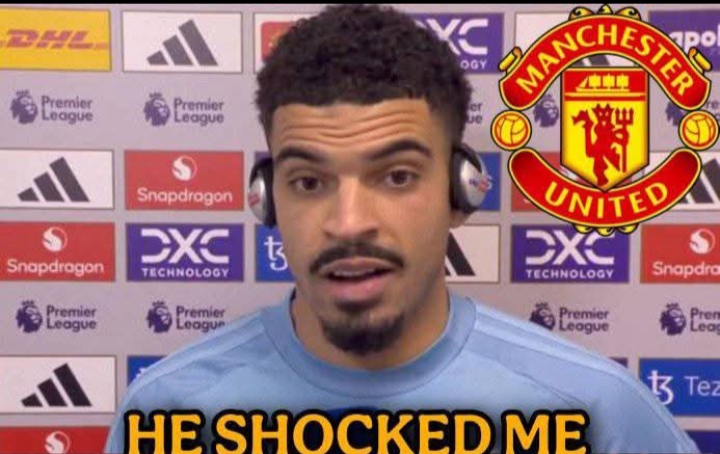
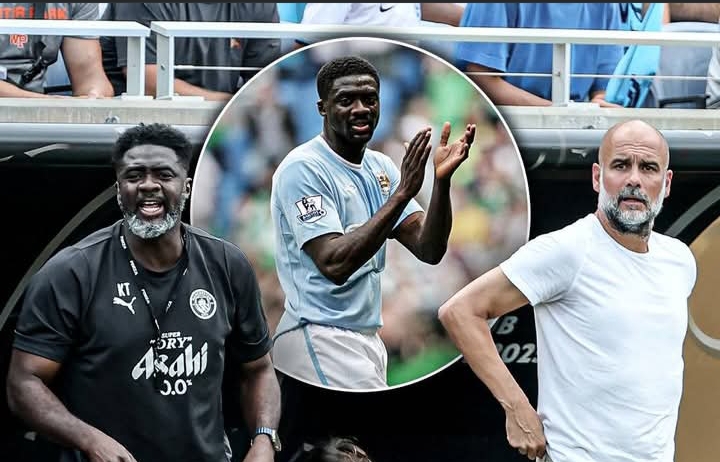
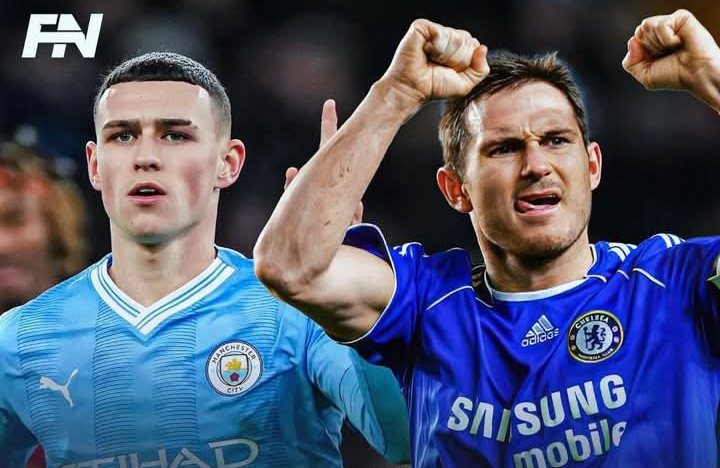
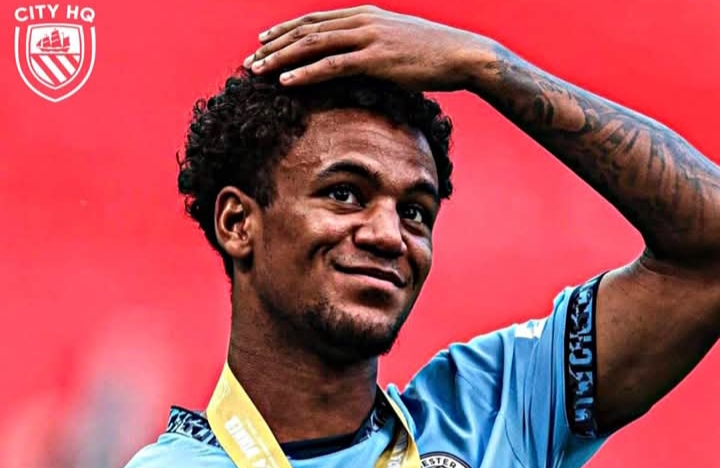
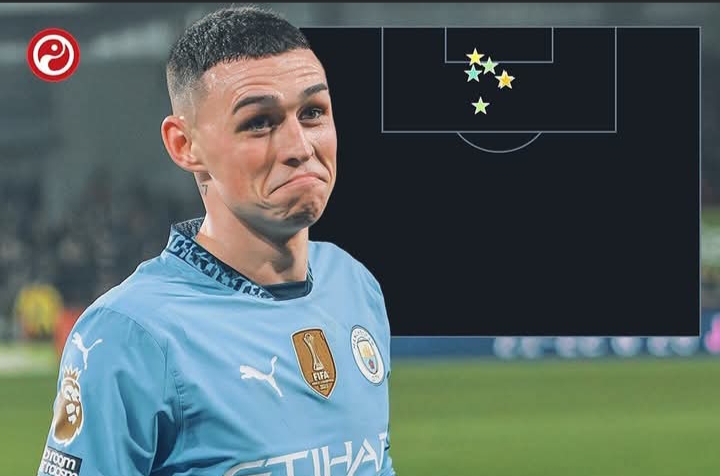
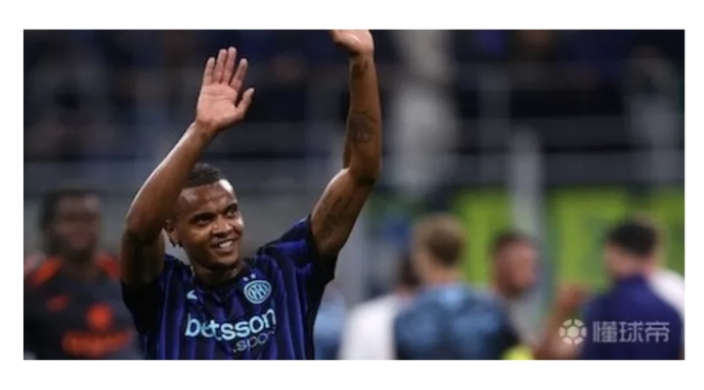
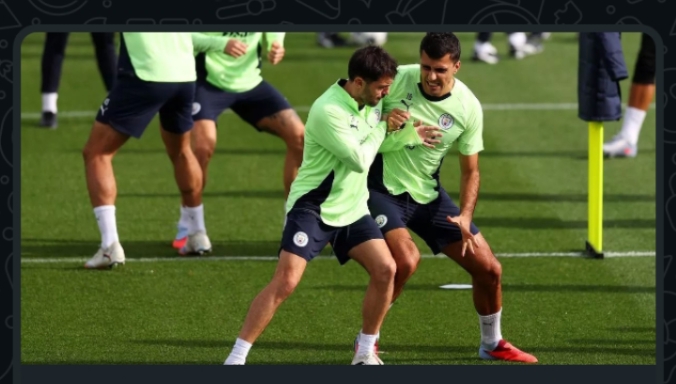
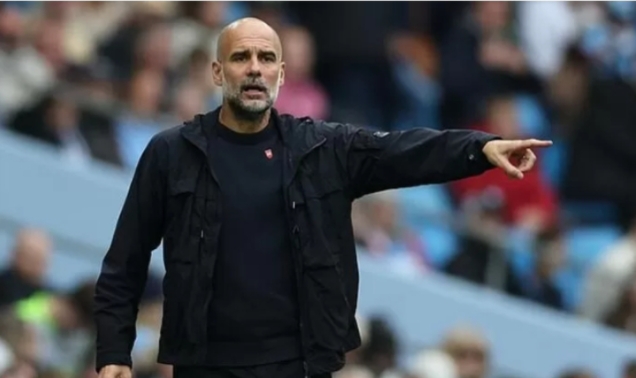
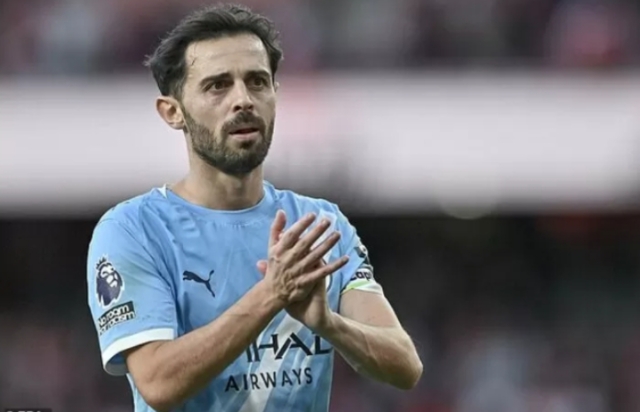

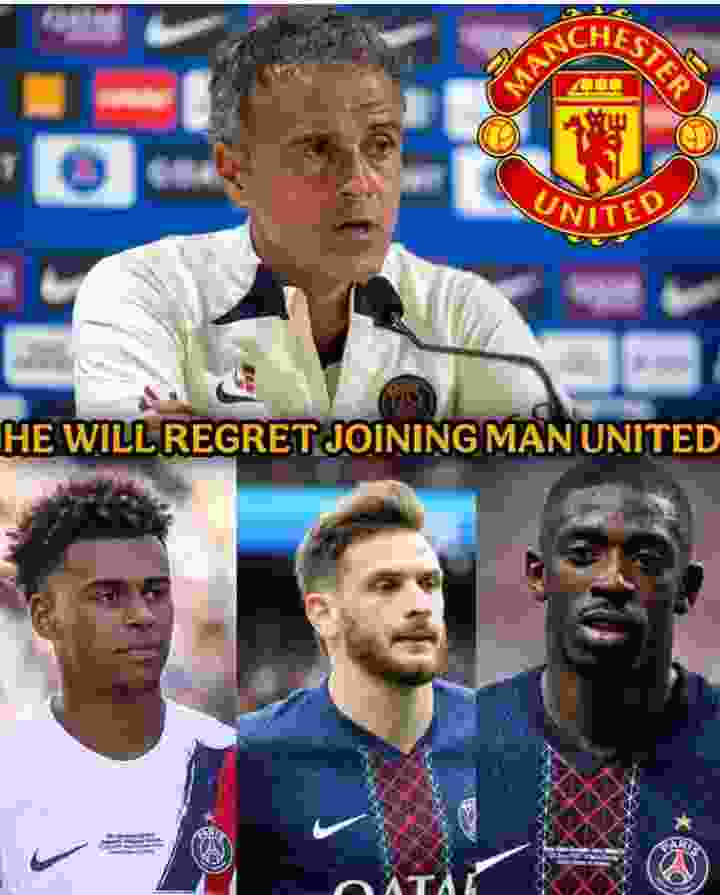
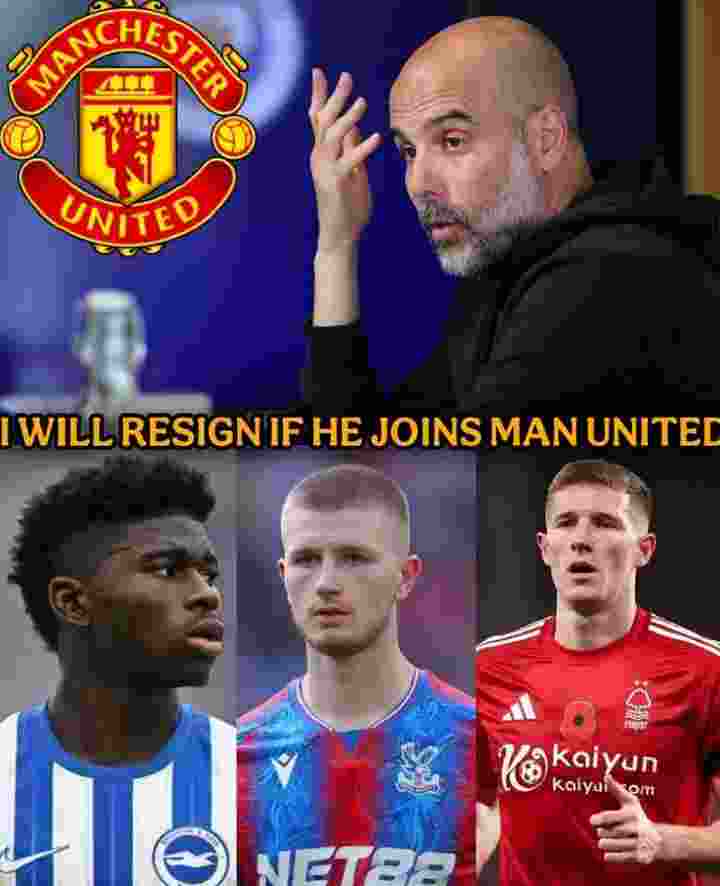
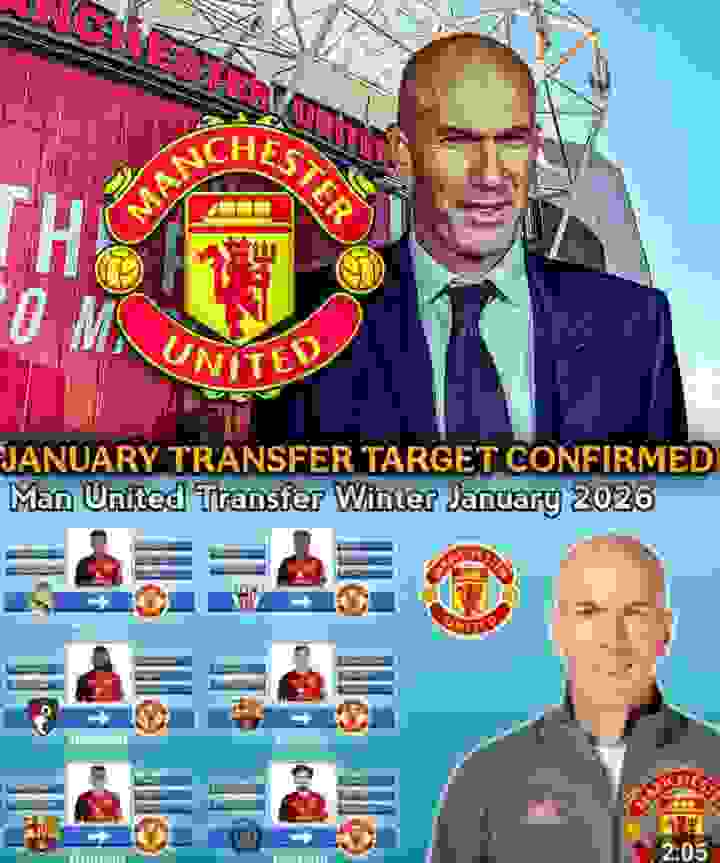
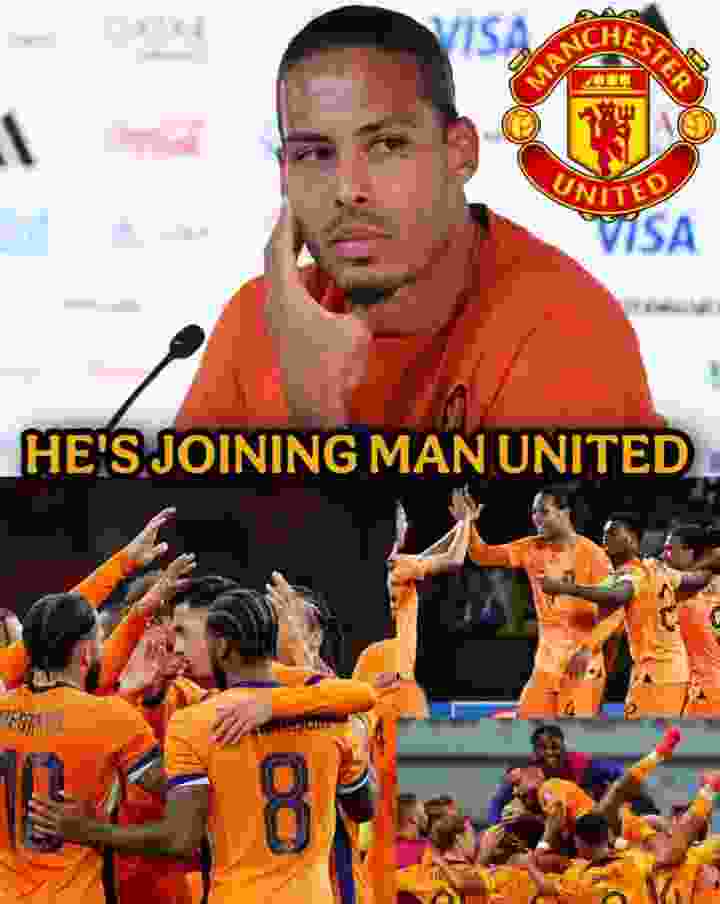
Leave a Reply